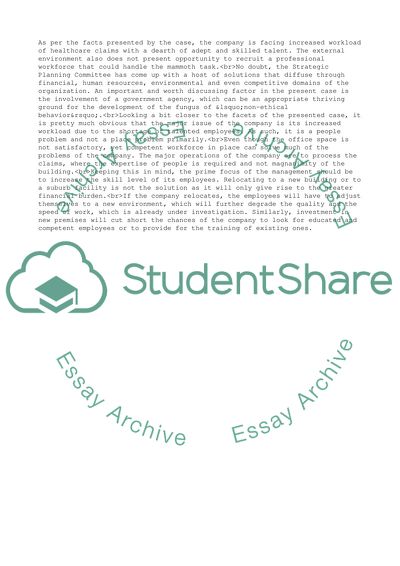Cite this document
(“East Coast Insurance Company Case Study Example | Topics and Well Written Essays - 1000 words”, n.d.)
East Coast Insurance Company Case Study Example | Topics and Well Written Essays - 1000 words. Retrieved from https://studentshare.org/management/1569366-research-paper-case-study-on-ethics-using-gidelines-as-attached-by-uploaded-support-document
East Coast Insurance Company Case Study Example | Topics and Well Written Essays - 1000 words. Retrieved from https://studentshare.org/management/1569366-research-paper-case-study-on-ethics-using-gidelines-as-attached-by-uploaded-support-document
(East Coast Insurance Company Case Study Example | Topics and Well Written Essays - 1000 Words)
East Coast Insurance Company Case Study Example | Topics and Well Written Essays - 1000 Words. https://studentshare.org/management/1569366-research-paper-case-study-on-ethics-using-gidelines-as-attached-by-uploaded-support-document.
East Coast Insurance Company Case Study Example | Topics and Well Written Essays - 1000 Words. https://studentshare.org/management/1569366-research-paper-case-study-on-ethics-using-gidelines-as-attached-by-uploaded-support-document.
“East Coast Insurance Company Case Study Example | Topics and Well Written Essays - 1000 Words”, n.d. https://studentshare.org/management/1569366-research-paper-case-study-on-ethics-using-gidelines-as-attached-by-uploaded-support-document.


